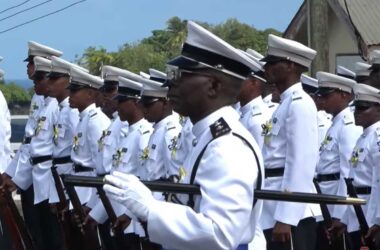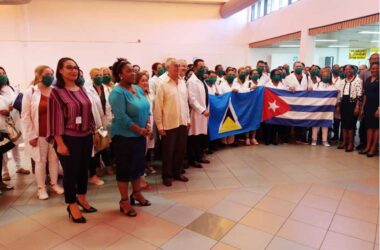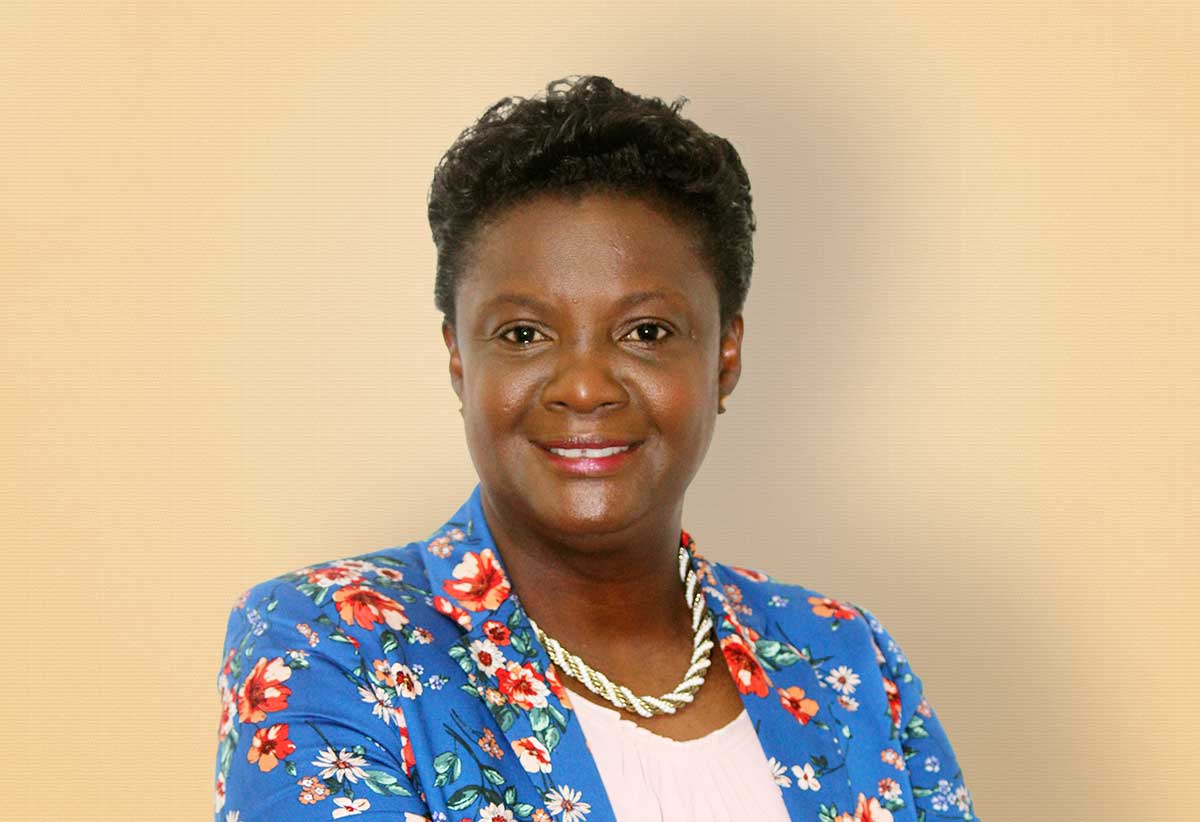
Chief Education Officer (CEO), Dr. Fiona Phillip-Mayer, has stressed on the importance of grade six students attending school, following reports of absenteeism.
Although students are currently awaiting their Caribbean Primary Exit Assessment (CPEA) exam results, Phillip-Mayer stated that there is still a lot to be done and as such, students should return to the classroom.
“Learning loss” she indicated, simply cannot be afforded.
“Teachers are geared towards ensuring that even after CPEA is done that our students are at school because there’s so much work to be covered, so dear parents please do not leave them at home. Do not say that you are waiting on the results. They will be here mid-June— around the 13th of June if all goes well, but for us it is important that our students remain at school,” Phillip-Mayer said, adding “this is where we can ensure that whatever learning loss has happened, they will continue to get the support from our teachers.”
Further, she stated, “I want to encourage you not to let our children be idle. We appreciate that the social ills are alive and well– we don’t want to even think of possibilities there. Please send them to school, this is where they belong. This is where they should be and until such time that we close for the academic year, we would want to have all of our children at school. Regardless of the fact that CPEA has ended, there is instruction to be covered.”
This plea from Phillip-Mayer has sparked a number of debates online, with some arguing that students were not prepared to sit the CPEA exam, which was introduced in Saint Lucia earlier this year. Some individuals argued that the exam placed added pressure on teachers and students who, according to them, were not fully equipped for the process.
The CPEA, introduced by the Caribbean Examinations Council (CXC) in 2012, was created to improve the quality of education in primary schools and have more students entering secondary school with the literacies needed for them to benefit fully from the secondary school education.
The exam consists of both an internal and external component.
According to the Government Information Service, the internal component will include peer assessments, teacher made tests, practice skills, book reports and projects. Under the CPEA, students will also be continuously assessed for the duration of the project component.
Phillip-Mayer had much praise for her team at the ministry saying, “we were very pleased that we were able to execute CPEA and I thank the team— they’ve been awesome, and everybody else that supported to bring this to fruition.”


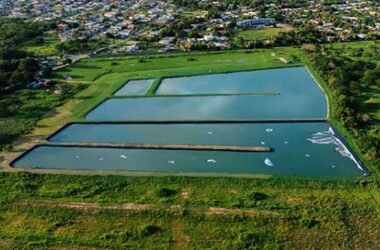
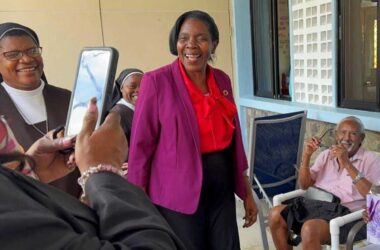

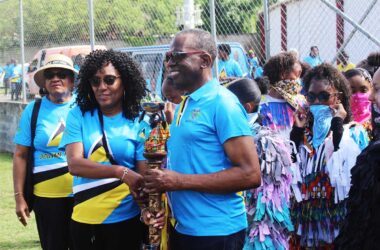

![Amy Stephen [Photo credit: Community Tourism Agency]](https://thevoiceslu.com/wp-content/uploads/2026/01/Amy-Stephen-feat-380x250.jpg)
